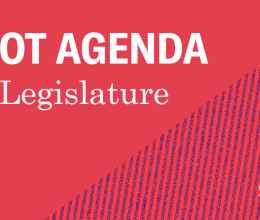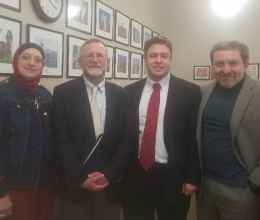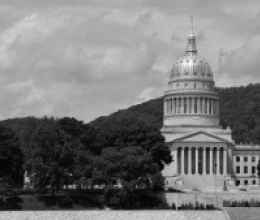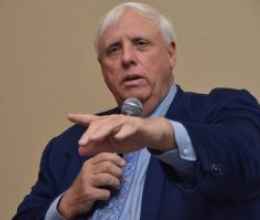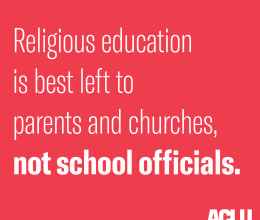
Since the Supreme Court ruled last month that gay and lesbian couples have a constitutionally protected freedom to marry, many same-sex couples, along with their friends and families, have celebrated. At the same time, questions have been raised about the impact of the decision on religious liberty. Let us be clear — it has no impact at all.
No religious institution in the United States is required to perform marriage ceremonies — for anyone. Religious institutions have the freedom to conduct ceremonies and have beliefs that are in line with their particular doctrines. And clergy have the authority to determine which religious marriages they will solemnize within the traditions of their faith. Religious freedom is of fundamental importance to our nation. Allowing same-sex couples to marry doesn’t change that.
As it currently stands, and as it stood prior to the Supreme Court ruling, in all 50 states couples seeking to enter into a marriage must obtain a marriage license through civil offices in accordance with state law. Those wishing to have a religious ceremony to sanctify their wedding could do so if their religious institutions agreed to perform the service. Obergefell vs. Hodges does not impact the rights of religious institutions to determine who to marry. It recognizes that loving gay couples have the right to enter into civil marriage.
Thus religious liberties are upheld and the separation of church and state remains.
Some have argued that government employees who object, on religious grounds, to issuing licenses to same-sex couples should be able to refuse. But this ignores the fact that government officials take an oath to uphold the Constitution, and to enforce the laws fairly. They do not get to pick and choose which duties they will perform, or who they will serve. That’s not religious liberty; that’s discrimination.
Others have expressed fears regarding the potential impact on businesses owned by individuals with religious objections to marriage for same-sex couples. But no one should be turned away, denied services or employment, by a business open to the public just because of who they are.
While discrimination based on sexual orientation and gender identity is unlawful in 44 percent of the states, there are still 28 states that lack any explicit protections from discrimination based on sexual orientation and gender identity. And while several municipalities in West Virginia prohibit discrimination against gay and transgender people, there are no explicit state or federal level protections. That’s why it’s time to update our laws in West Virginia to ensure that no one is refused housing, a job, or goods and services by a business open to the public.
Marybeth Beller is president of the ACLU of West Virginia.
Op-ed was originally published in Charleston Gazette.
